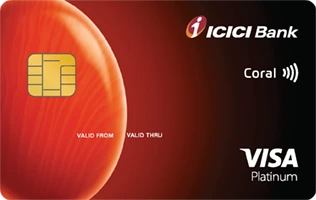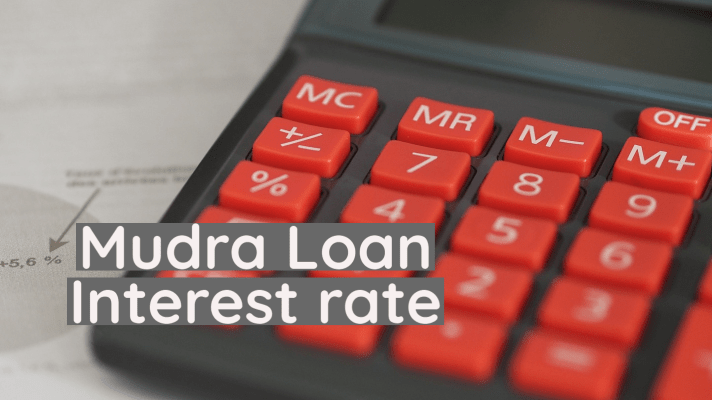In order to generate capital and earn interest income, you can easily invest in debt funds. The debt funds usually invest in fixed income securities like treasury bills, corporate bonds, commercial paper, government securities, and other money market-related instruments. Based on the credit rating of securities, debt fund invests in a variety of securities. To get a clear view of a debt fund, here are 5 important things, you must remember before investing in debt mutual fund.
- Huge exposure to any single issuer
In order to get an optimized return, debt funds invest in diversified securities over 30 to 40 companies approximately. If the credit rating of one or two issuers is at default, the overall effect on the fund will be very minimal. But if some of the debt funds invest a huge portion to a single entity, your fund’s risk profile will be increased, which might not suit your risk profile. So, you need to remember that debt fund must not hold more than 8% of their corpus in a single entity.
- Huge-exposure to low rated bonds
The debt repayment capacity of the borrower is indicated by credit rating. If a bond is rated low, it usually earns higher yield which improves your fund’s profile. But on the other hand, it carries a huge potential to default which increases the fund’s risk profile. Generally, the short-term debt mutual funds are taken as a substitute of bank’s fixed deposit or savings account. So, when you are investing in debt securities with low-rated bonds, you must be fully aware of the risk it carries along with the return. Also, keep in mind that, debt fund investments are not meant to multiply your wealth but to provide security.
- Credit Rating
You should not solely follow the credit rating when investing in debt fund. If there has been a mere change in the issuer’s credit profile subject to any new progress, the credit rating agencies reviews it. The rating agency also assesses the debt repayment capacity of the issuer. If the rating agency places any issuer under watch, it does not necessarily mean that there will be a change in the rating. Though the credit rating system is an important aspect, it is not the sole factor to be dependent on.
- A large share of the portfolio invested in a single group
Your fund’s risk profile increases not only by high exposure to a single issuer but also by investing a huge part of your fund’s portfolio in a company or a set of companies sectioned under the same group. As because, any parameter or factor change may have a spillover effect on the securities of the parent company or its branch companies under the same group. So, to mitigate the risk, you should not invest in funds which invest more than 14% of the portfolio in securities under a single group. However, a debt fund with good diversification of the portfolio indicates that the fund’s exposure is less than 30-40% of the total corpus out of its top 10 holdings.
- The share price of issuing entities
One of the important factor to look out before investing in debt fund is the share price of the issuing entities whose bonds constitute a huge part of the fund’s holding. Usually, the falling share price of a company does not affect the bond’s value is issued. But it does affect the bond’s value when it is issued against shares guaranteed by the promoters. You must know that, if the share price falls really low, then to protect the value of collateral, only top-up in the form of cash is taken. Also, remember that, when the bond is issued against shares, then the debt fund usually takes around 1.5 to 2 times the loan value.
















